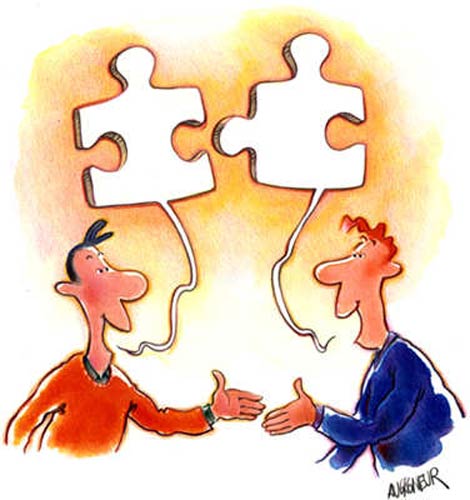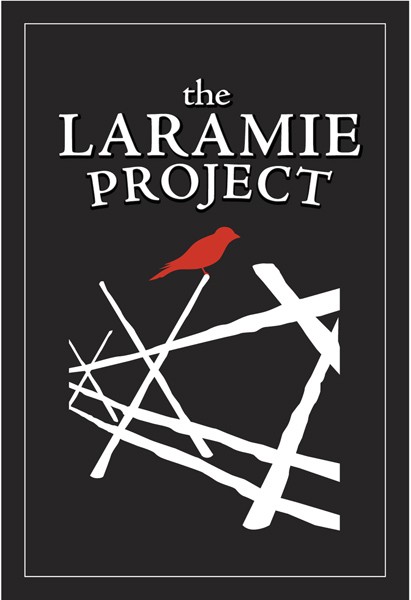"3rd Rock from the Sun", the Miss America Pageant, and images such as this:

are all statements on our world and what sells. This class opened my eyes to all of the current problems our world is fighting to change like the N-word in public discourse, the way history glorifies some and shuns others, and to solve the divisions of race, class, gender, sexuality, religion, etc. These types of issues interest me because, by researching them, I have learned been allowed to open my eyes to new issues. While again, the process of hammering out draft after draft was daunting and tedious, the daily analysis of the American media was amazing. This skill and viewpoint are tools that I'm bringing with me through out future classes and in my everyday internet surfing. While again, I could've done without so much physical writing, the most valuable skill this class taught me is to find the argument in anything beyond words. It forced me to find my own solutions to today's problems, even coming up with counter-arguments on the way. These solutions, while I do not think are the exact answer, have given me a starting point in activism and argumentation.
Winter Break HERE I COME
~DSB


